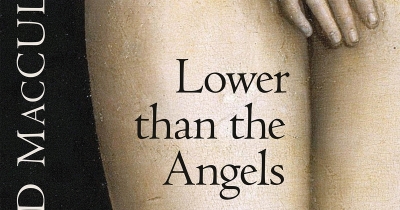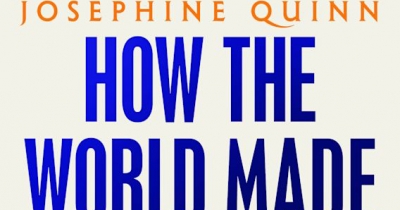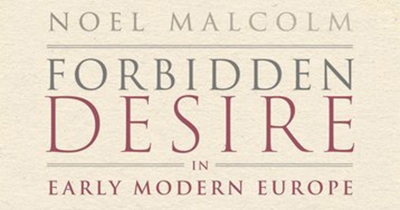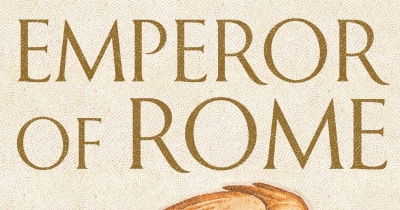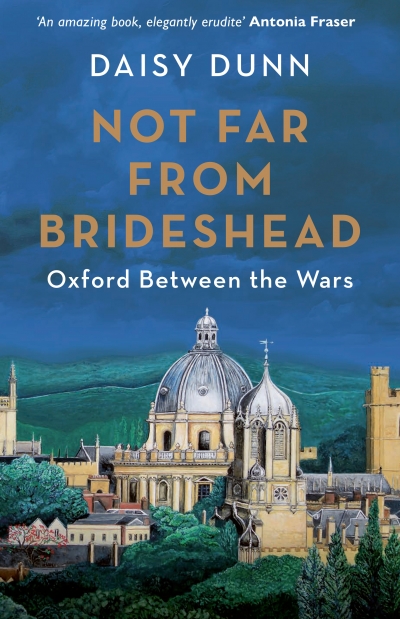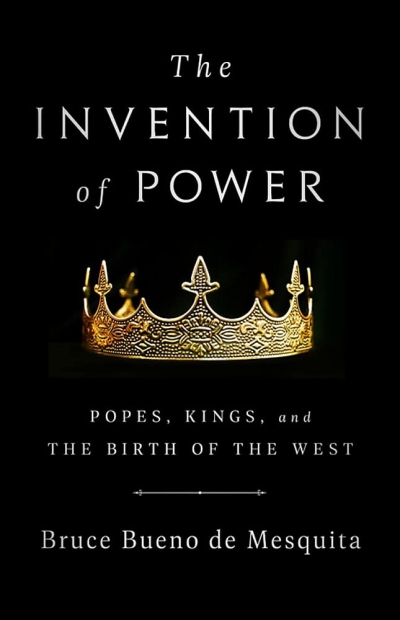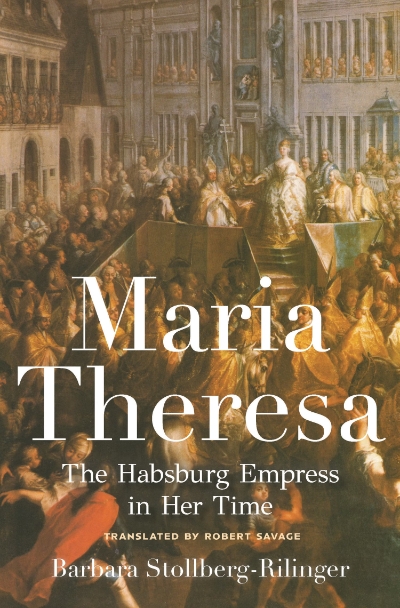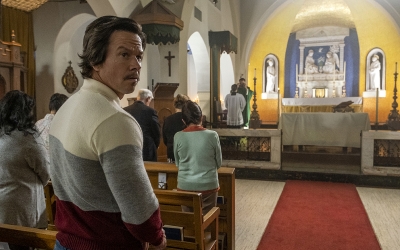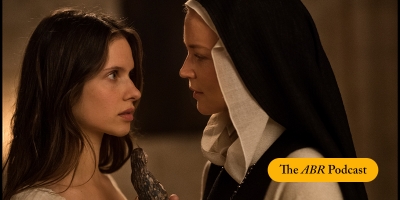Accessibility Tools
- Content scaling 100%
- Font size 100%
- Line height 100%
- Letter spacing 100%
Miles Pattenden
The ABR Podcast
Released every Thursday, the ABR podcast features our finest reviews, poetry, fiction, interviews, and commentary.
Subscribe via iTunes, Stitcher, Google, or Spotify, or search for ‘The ABR Podcast’ on your favourite podcast app.
‘The gold standard: The centenary of Francis Webb’
by Toby Davidson
This week on The ABR Podcast, Toby Davidson marks the centenary of Francis Webb with an essay on the poet. Toby Davidson is the editor of Francis Webb’s Collected Poems and a senior lecturer at Macquarie University. Listen to Toby Davidson with ‘The gold standard: The centenary of Francis Webb’, published in the January-February issue of ABR.
Recent episodes:
Lower than the Angels: A history of sex and Christianity by Diarmaid MacCulloch
How the World Made the West: A 4,000-year history by Josephine Quinn
Forbidden Desire in Early Modern Europe: Male-male sexual relations, 1400-1750 by Noel Malcolm
Emperor of Rome: Ruling the ancient Roman world by Mary Beard
The Pope at War: The secret history of Pius XII, Mussolini, and Hitler by David I. Kertzer
Not Far from Brideshead: Oxford between the Wars by Daisy Dunn
The Invention of Power: Popes, kings, and the birth of the West by Bruce Bueno de Mesquita
Maria Theresa: The Habsburg empress in her time by Barbara Stollberg-Rilinger, translated by Robert Savage
What makes a man choose to be a Catholic priest? The cynical and snide these days might bring up an unhealthy interest in other people’s children. And yet, historically, the calling to the cloth has often been a noble one, as likely an impulse driven by spiritual yearning and zeal for social justice as mere careerism or a flight from normative sexuality. The Catholic Church, which faces a crisis of vocations across the Western world, would do well to look again at this story ...
... (read more)Best known for films such as Robocop (1987), Basic Instinct (1992), and Showgirls (1995), the Dutch director Paul Verhoeven has made his name as a provocateur whose lurid social satires are infused with campy violence and heady eroticism. Having tackled the American military-industrial complex and the Las Vegas sex industry, Verhoeven now takes on an even bigger institution: the Catholic Church. His new film, Benedetta, charts the fallout from the liaison between two young nuns in a seventeenth-century Italian convent. In this week’s podcast, listen to Miles Pattenden read his review of the film for ABR Arts. As Pattenden notes, ‘those who buy their tickets for the soupçons of Sapphic frottage are unlikely to be disappointed’.
... (read more)

